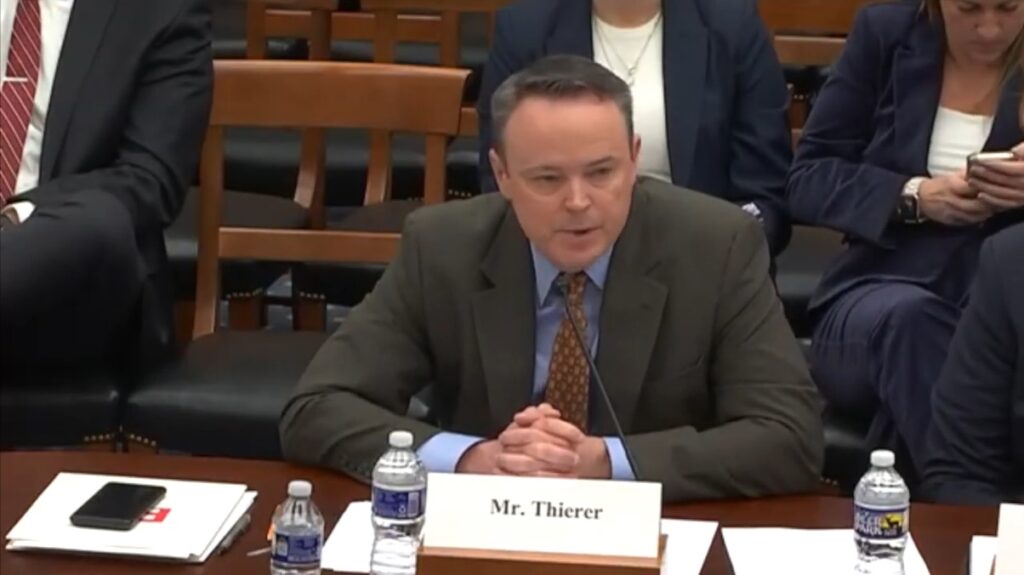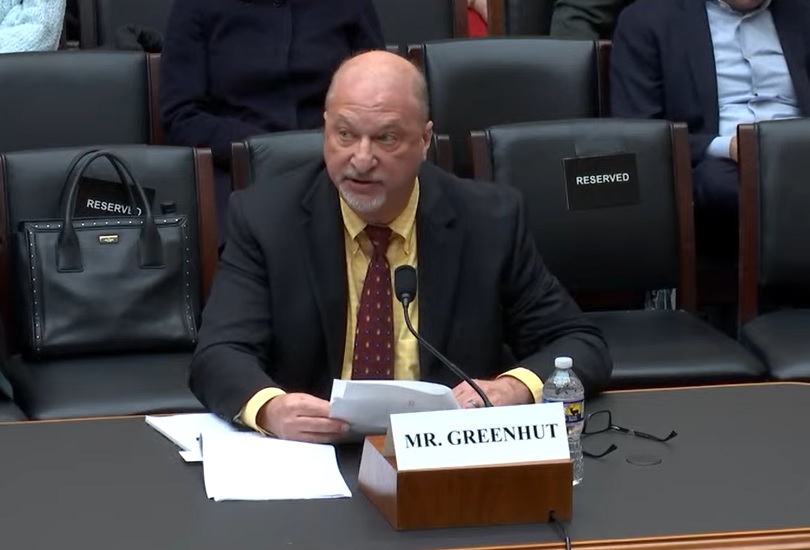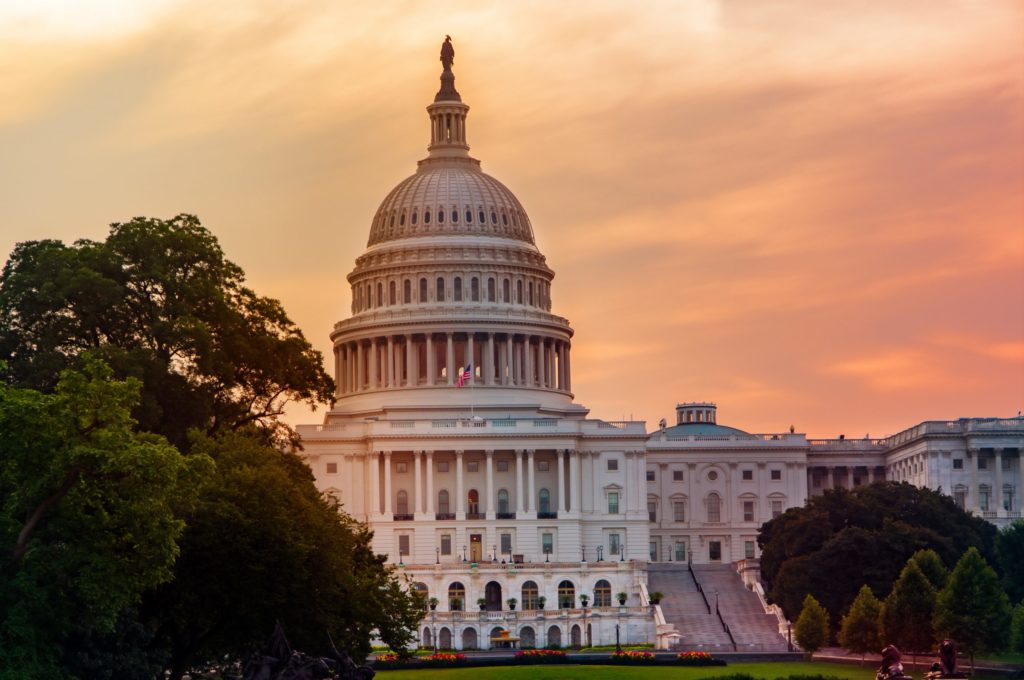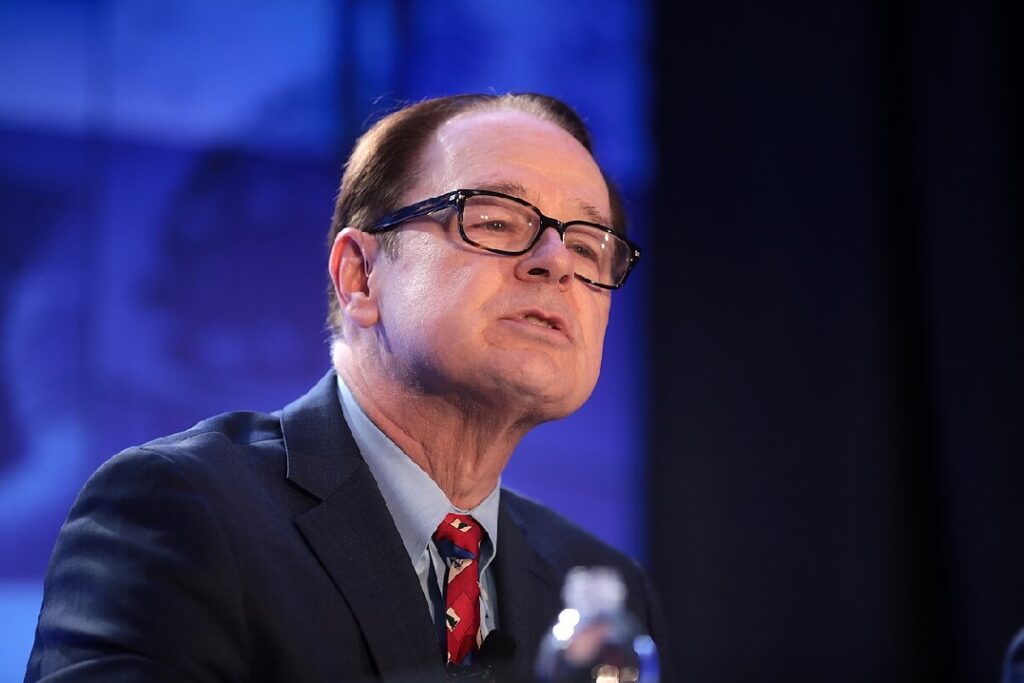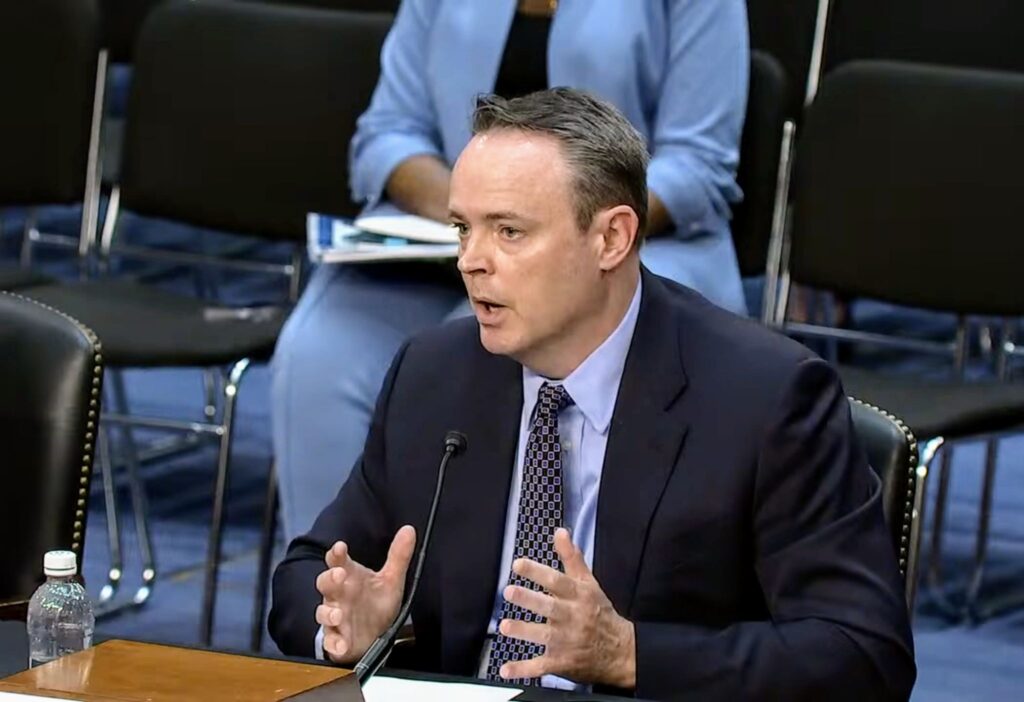Can the House Strengthen Civil Enforcement of Subpoenas to the Executive Branch through Rules Changes?
Click here to RSVP.
Panel Discussion and Lunch with:
- Michael L. Stern
- Stanley M. Brand
- Michael D. Bopp
- Elise J. Bean
The executive branch has obstructed legislative information gathering with increasing frequency and effectiveness for the better part of the last two decades. Executive agencies have become ever more adept at undermining congressional inquiry by asserting a panoply of non-constitutional privileges, meritless objections, and questionable policy, legal, and procedural delaying tactics. Members of Congress and congressional committee staff have become increasingly frustrated by their inability to enforce their constitutionally legitimate information demands and are searching for solutions to restore the efficacy of congressional investigation.
Good Government Now Senior Policy Fellow Michael Stern has proposed a partial solution to the crisis in declining congressional oversight authority in the form of an amendment to the rules of the U.S. House of Representatives to improve compliance with information requests and enforcement of subpoenas to the executive branch. Stern proposes creating an option for committees to tighten current processes for administration of written requests and subpoenas by requiring all executive branch objections and assertions of privilege in writing with detailed privilege logs by strict response deadlines. The rule would establish an escalating, multi-phase adjudication process beginning with negotiation and accommodation and proceeding through subpoena, committee ruling, and sanctions phases. Executive branch non-compliance would result in prompt escalation to the next adjudicative phase on a congressionally-mandated timetable.
The rule invokes multi-track enforcement for unresolved disputes including civil enforcement in federal court, points of order against appropriations for salaries of recalcitrant executive branch officials, and initiation of preliminary impeachment inquiries if the conduct of obstructive officials so warrants. It differentiates disputes involving claims of executive privilege from those that do not and channels only the latter, which are best-suited for court decisions favorable to Congress, toward civil enforcement.
A distinguished panel of congressional oversight experts will evaluate the merits of Stern’s proposed “Rule on Information Requests and Subpoenas” in a luncheon discussion co-sponsored by Good Government Now and the Legislative Branch Capacity Working Group on Friday, September 21, 2018 from 12 noon-1:30pm in Rayburn House Office Building, Room 2226, 45 Independence Avenue, SW, Washington, DC 20515.
Please contact Anne Brady at anne@stantongrpllc.com with any questions.


